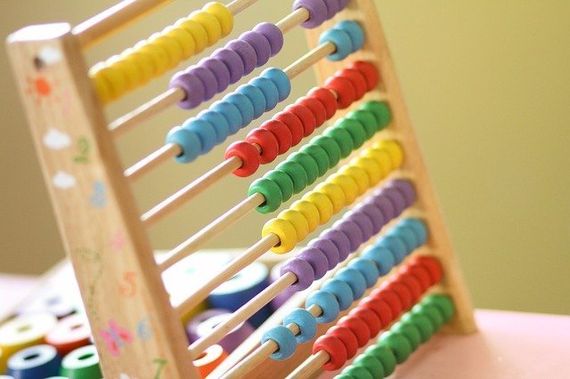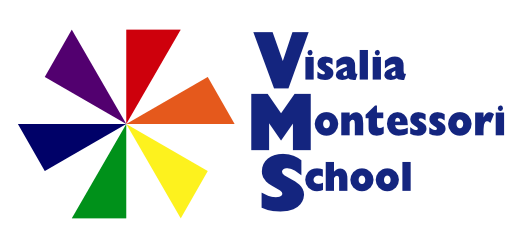Elementary Montessori Curriculum
Lower Elementary: Grades 1-3
Upper Elementary: Grades 4-6
Elementary Montessori students learn skills that they can use throughout the rest of the academic and professional careers. Alongside their academic work, they also learn to work both independently and in a group to solve problems and foster a learning community of capable peers. Because students are in a classroom for three years, they complete a three-year cycle of lessons.
Montessori education allows for mastery learning, where each student works at a level that is personally challenging and progresses to the next lesson when the current lesson is mastered. Students are also allowed choices so they may pursue their own interests.
Students set goals and keep track of their own lessons. Each day, they create their own schedule, which includes working on the lessons they have been given and working on materials or subjects that interest them outside of their lessons. Students often work together, but sometimes each student is working on something different at any given time. The teacher moves around the room giving small group and individual lessons and supporting students as they work. The children have the freedom to move around the classroom to get supplies, materials, or collaborate or talk with a friend.
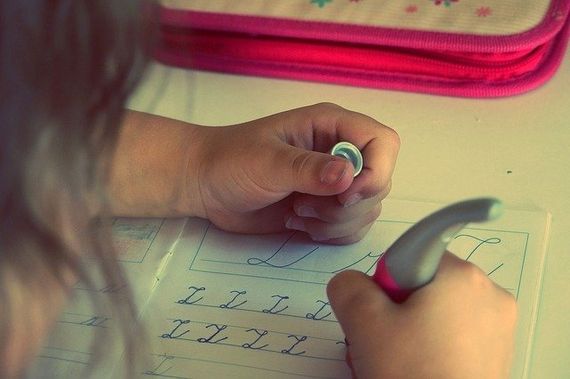
Language
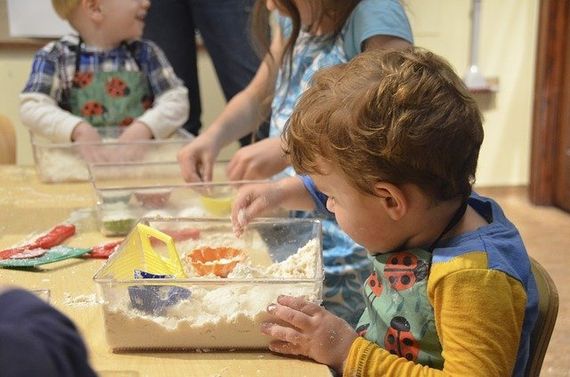
Practical Life
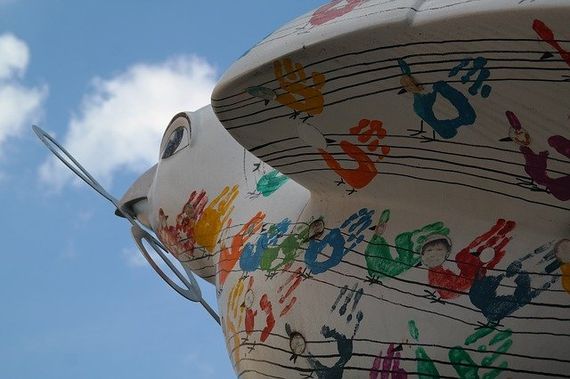
Cultural
